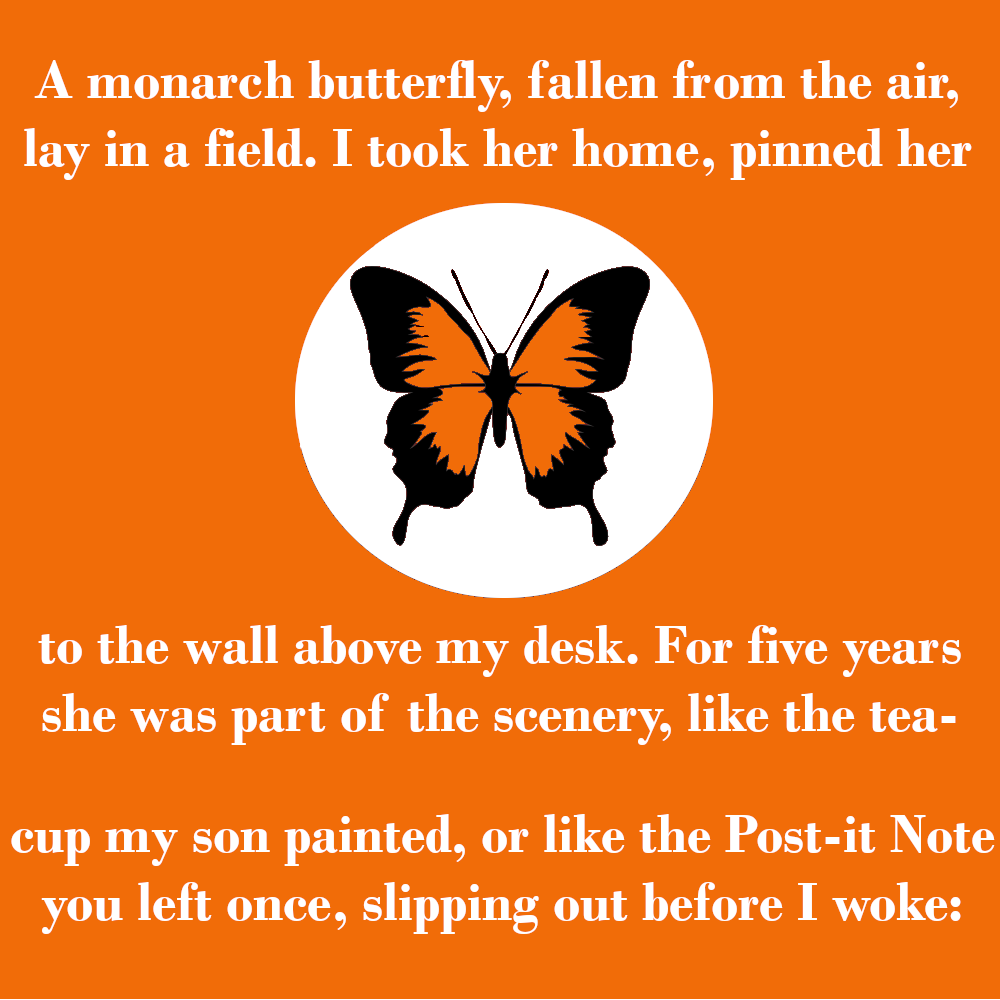Elizabeth Hazen Shares Her Tsundoku (Poetry books to Read)
In a new blog post, Elizabeth Hazen shares her tsundoku. Tsundoku is a Japanese word meaning "Acquiring reading materials but letting them pile up in one's home without reading them."

For Christmas, which seems like three lifetimes ago, my parents gave my husband a book of interesting words from around the world*. An engineer who has a soft spot for spoonerisms, puns, and wordplay in every form, he found instant delight in this book. Did you know that Germans have a word for the weight we gain from stress-eating? Kummerspeck. Or that the Scots have a word for that awkward pause when you’ve forgotten the name of the person you’re introducing? Tartle. Among my favorites are the whimsical Swedish smultronställe, a place of wild strawberries; the romantic Italian dormiveglia, the space between sleeping and waking; and the essential Japanese tsundoku, that pile of unread books on my bedside table that grows with each passing month.
Needless to say, I took that book of words from my husband, adding one more to my stack...
What Does Anne Lamott Think of “Navigating the Divide”?
What does bestselling author Anne Lamott think of Linda Watanabe McFerrin’s “Navigating the Divide”?
Elizabeth Hazen’s New Poem, “Monarch”, Published by Shenandoah Magazine
A new Elizabeth Hazen poem, “Monarch”, has been published by the prestigious Shenandoah Magazine.
Independent Bookstore Day: What do the Indies Offer?
“Amid Amazon’s economic hegemony, amid the wholesale abandonment of big-box stores around the country, amid the strange, unpredicted resurgence of vinyl record collecting, and amid the general economic turmoil in the American printed news media we have, sitting in the room-corner upon a large leather chair, drinking tea, nose nestled cozily in the pages of Du Bois, the indie bookstore question. For what purpose does an indie bookstore exist in the age of digital media and online book sales?”


